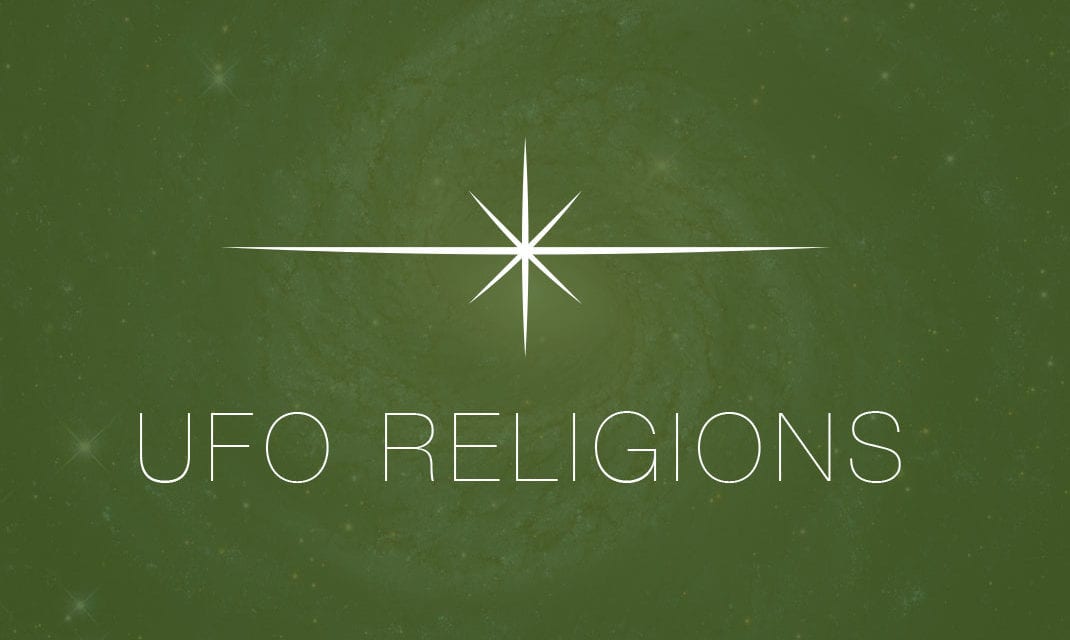A few months ago my PEERANORMAL podcast did an episode on the phenomenon of sleep paralysis. As is our format, I and the other hosts read several peer-reviewed articles about the topic and discussed them. Below is an article we didn’t discuss, as the episode wasn’t specifically about alleged alien abduction. I offer it here because it is accessible on the internet:
Richard J. McNally and Susan A. Clancy, “Sleep Paralysis, Sexual Abuse, and Space Alien Abduction,” Transcultural Psychiatry vol 42:1 (2005): 113–122
This article highlights its impact on sleep:
Although other scholars have suggested that reported encounters with space aliens may have origins in sleep paralysis episodes (e.g. Spanos, Cross, Dickson, & DuBreuil, 1993), few have directly assessed any ‘abductees.’ As part of a laboratory study on psychophysiologic reactivity to audio-taped scripts of ‘memories’ of alien encounters, we interviewed 10 abductees who mentioned apparent sleep paralysis episodes accompanied by hypnopompic [“upon awakening” – MSH] hallucinations (six women, four men; McNally, Lasko et al., 2004). Abductees were recruited through newspaper advertisements seeking people who believed that they had been abducted by aliens, and by word-of-mouth via other local researchers who had worked with this population. The hallucinatory content included feeling electrical sensations (sometimes painful), seeing alien beings in the bedroom, seeing flashing lights or glowing objects, and feelings of levitating off the bed. Most abductees had experienced multiple episodes.
The authors also conducted studies of victims of CSA (childhood sexual abuse) in regard to sleep paralysis episodes. From later in the same article (p. 119) they note that “Our studies suggest that people who report having been either abducted by space aliens or sexually abused as children experience episodes of sleep paralysis at higher rates than do those denying histories of alien abduction or CSA.” The authors also discuss possible correlation between belief in alien abduction, CSA, and sleep paralysis.





对你爱爱爱不完,我可以天天月月年年看你博客到永远!
Is there any more info about this somewhere? I’ve had sleep paralysis for years now but last night something felt very different about the experince that caused me to look more into it. Something other worldly. I even awoke to hallucinations of symbols which has never happened before.